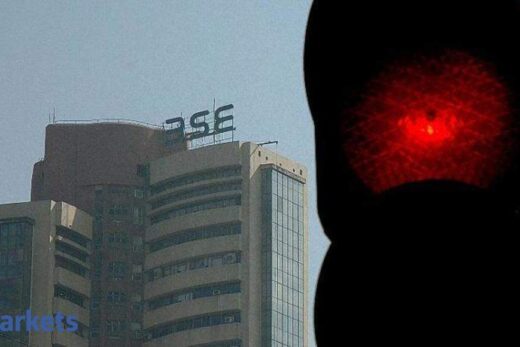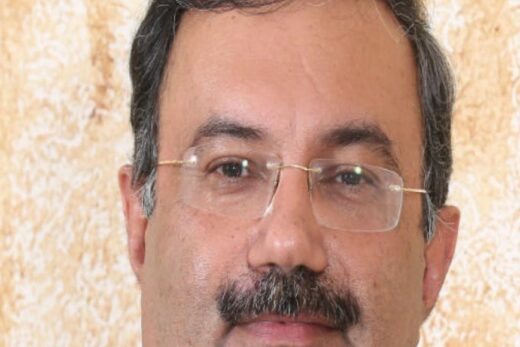“All the ingredients are starting to fall into place,” Vipin Sondhi, the managing director of Ashok Leyland, said on Monday. “The “ingredients” that will aid demand recovery include the improving economic activity in the country, higher fleet utilisation for transporters, better availability of financing and a scrappage policy that makes older vehicles costlier to run,” he said.
The company has sold 41,866 vehicles between April and September this year, almost twice of what it sold in corresponding period last year. However, sales were a third less than what they were pre-Covid. Lower sales meant that the company has reported consolidated losses for the first half of the ongoing financial year.
“The losses are happening because volumes are still not fully [recovered],” said Gopal Mahadevan, the chief financial officer at Ashok Leyland. “So as things open up and the volume starts to grow, you will see that commercial vehicle manufacturers will become more profitable.”
Extremely low bus sales since the onset of Covid-19 also impacted the business of the Chennai-based company. Experts expect bus sales to improve slowly once offices and education institutions open with higher vaccination.
To be sure, CV makers across the board in the preceding quarter pointed to signs of demand recovery. However, sales have been slow to take off. Ashok Leyland was also talking to investors to raise capital for its EV arm Switch, according to Sondhi.
“We will certainly be looking for investors. I think there are discussions going on with investors. What we’re looking for are the right partners, both strategic and financial,” he said.
Recently, Tata Motors raised a billion dollars for its EV passenger vehicles arm. Other Indian automakers too have hived off their EV businesses into a separate subsidiary with the intention of getting investors on board, specifically for the clean vehicles business.



